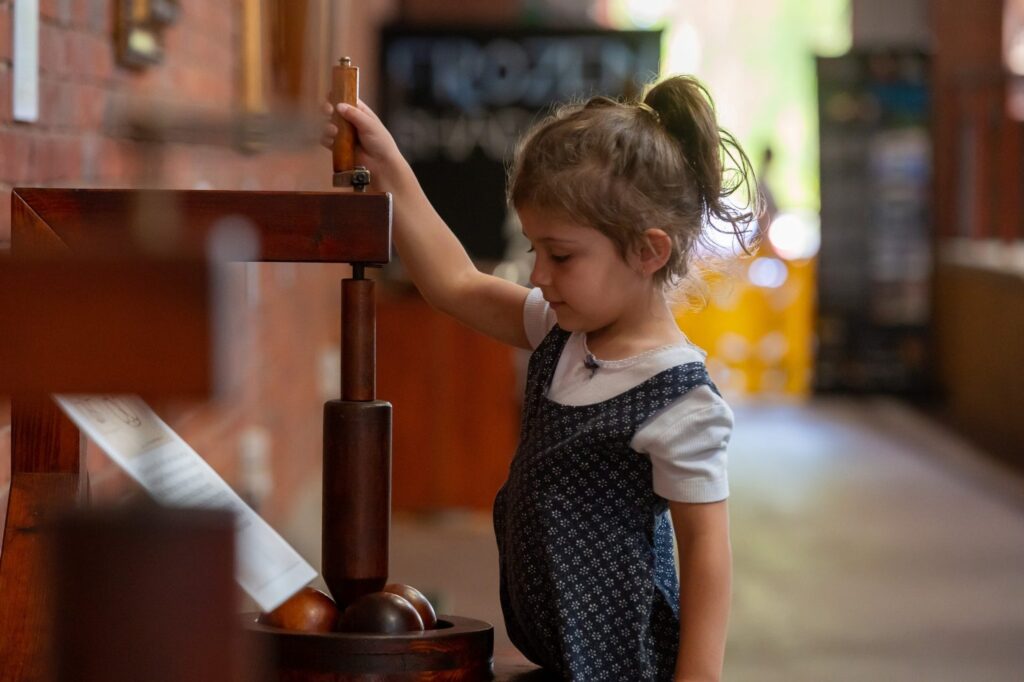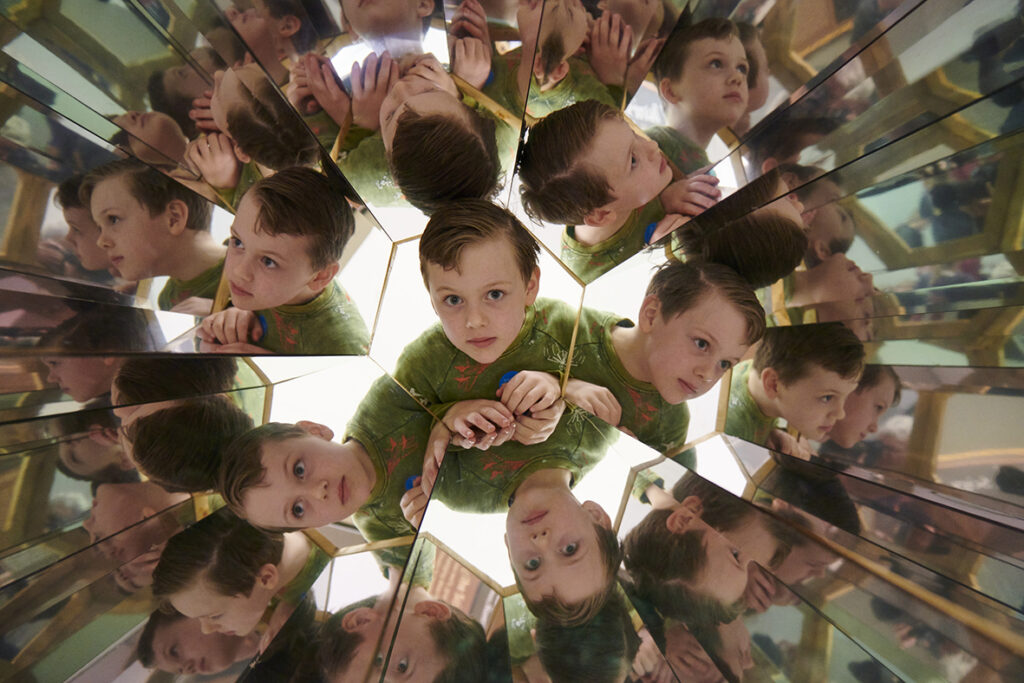Learning should be fun!
Education experts and historians may be able to shed some light on what stage in the evolution of Western civilisation we started to think that learning is a serious affair and somehow separate from playing. This distinction is as misguided, and as unhelpful, as the distinction between the processes that lead to scientific discovery and […]
Learning should be fun! Read More »


